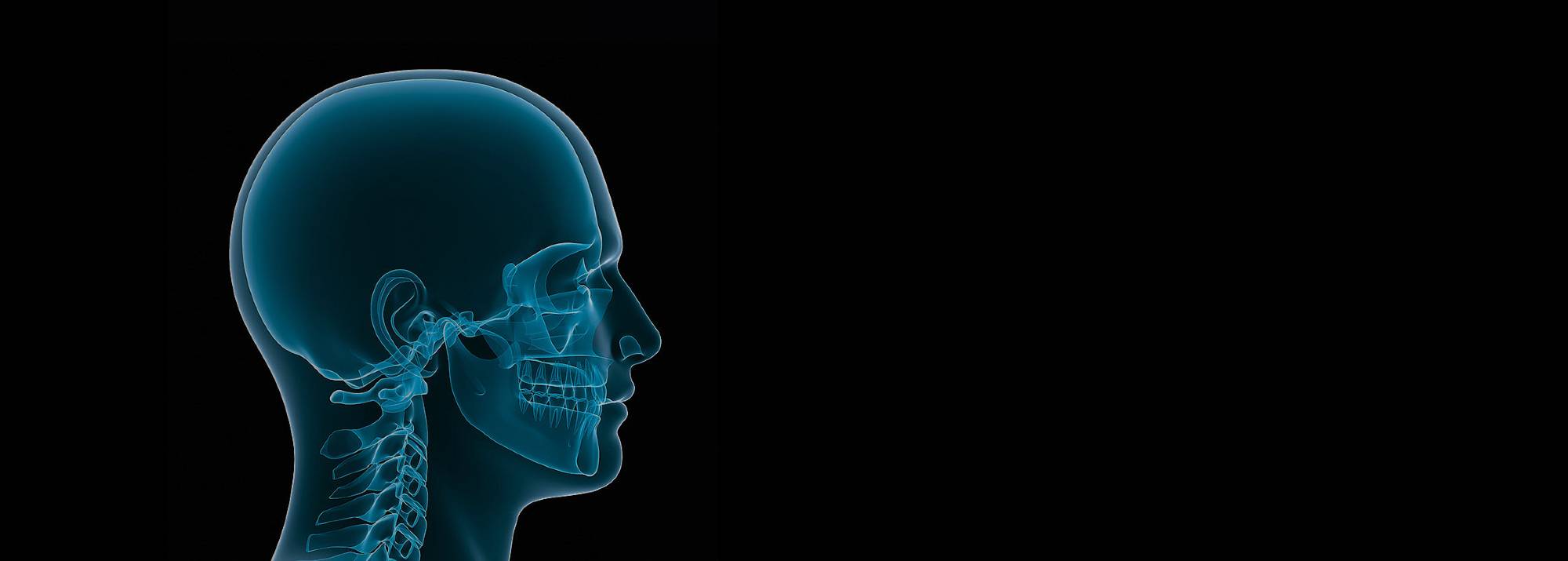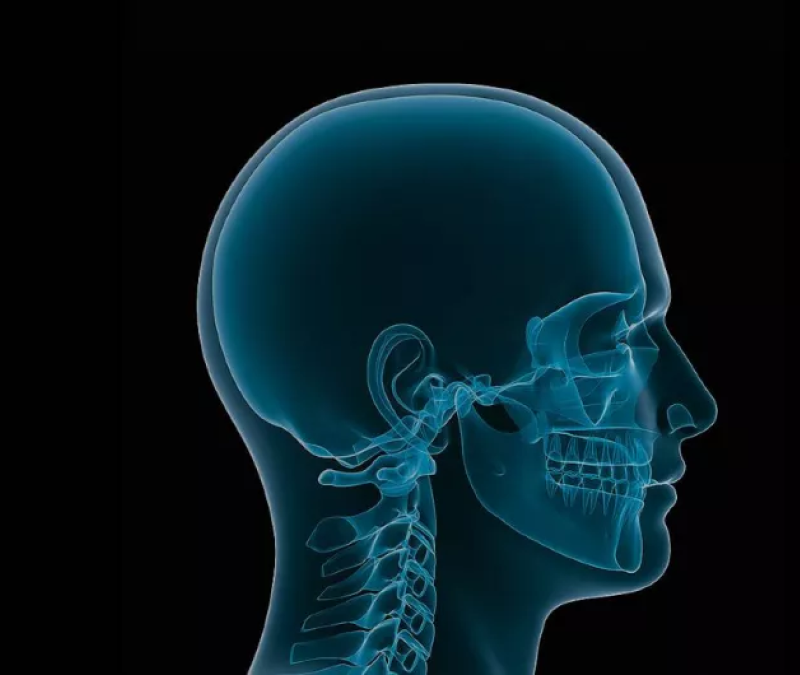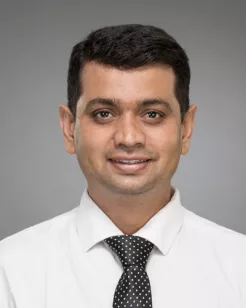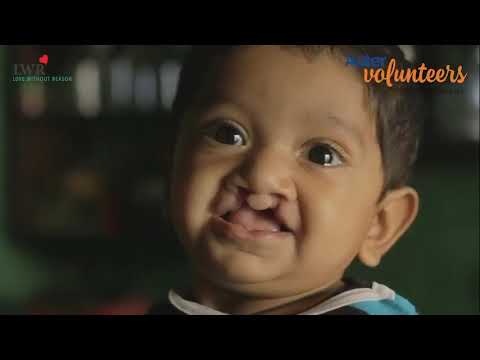The Craniomaxillofacial Surgery department offers highly specialised treatment for congenital and acquired deformities of the skull, face, mouth, jaws and associated structures in adults and children (right from newborns), for both bony as well as soft tissue components. On par with the most advanced facilities for Craniomaxillofacial Surgery in the world, the team of internationally trained Consultants and Specialists, with the support of state-of-the-art technical and clinical support, provides comprehensive solutions that transform lives of individuals with craniofacial deformities, by not just changing the way they look, but the way the world looks at them.
The spectrum of services offered includes accurate diagnosis and surgical / non-surgical management of conditions like
- Craniofacial Syndromes
- Orofacial Clefting
- Sleep Apnoea
- Distraction Osteogenesis
- Cosmetic Orthognathic Surgery
- Craniofacial and Dental Implants
- Craniofacial Trauma
- Oral & Maxillofacial Surgical Procedures
- Management Of Cyst and Tumours
- Impacted Teeth
- Pre-prosthetic Surgery
- Endodontic Surgery
Patient Stories
Our patients are our best advocates, hear the inspiring stories of their treatment journey





